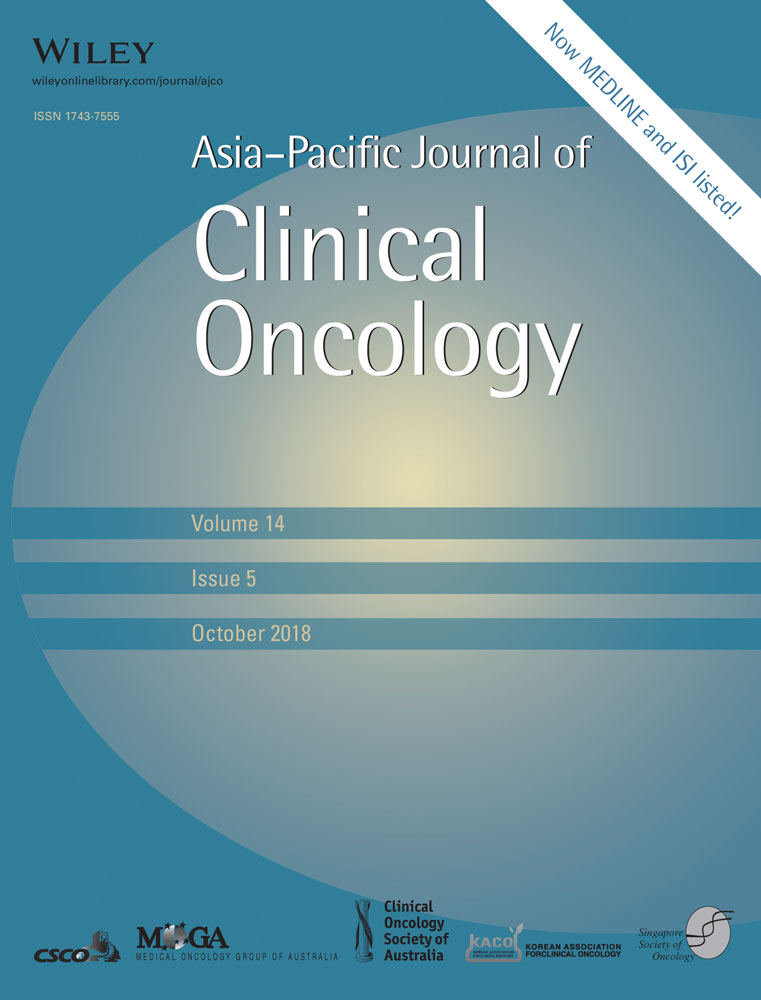Exploring treatment decision-making in cancer management for rural residents: Patient and provider perspectives on a recently established regional radiotherapy service
Abstract
Aim
The aim of this study was to examine stakeholders' views of how the establishment of the South West Radiation Oncology Service in Bunbury, Western Australia, has affected treatment decision-making, and the extent to which patients are involved in the decision-making process.
Methods
Semi-structured in-depth interviews were undertaken with 21 service providers involved in the treatment and care of people with cancer, and 17 adults diagnosed with cancer who opted to undergo radiotherapy (RT) treatment at the Service. Data were subject to thematic analysis using the qualitative data analysis software NVivo 10.
Results
Patients were overwhelmingly positive about their experiences at the Service, praising the quality of the care provided and noting the convenience associated with receiving treatment locally. Most patients reported feeling involved in decision-making, but tended to rely on and generally adopt advice from medical professionals regarding type and location of treatment. Although service providers in the region had become more aware of the regional RT service and referrals had increased, some patients continued to travel to the metropolitan area for treatment. Reasons identified for this included the need for more specialized RT treatment and the more extensive range of allied health services offered.
Conclusion
Increased convenience and a lower financial burden are key reasons why rural cancer patients prefer treatment at a regional RT service rather than travelling to metropolitan centers. These factors highlight the need for ongoing improvement in access to local RT services so that disparities in cancer outcomes between rural and metropolitan patients are reduced.
CONFLICT OF INTEREST
The authors do not have any conflict of interest.




